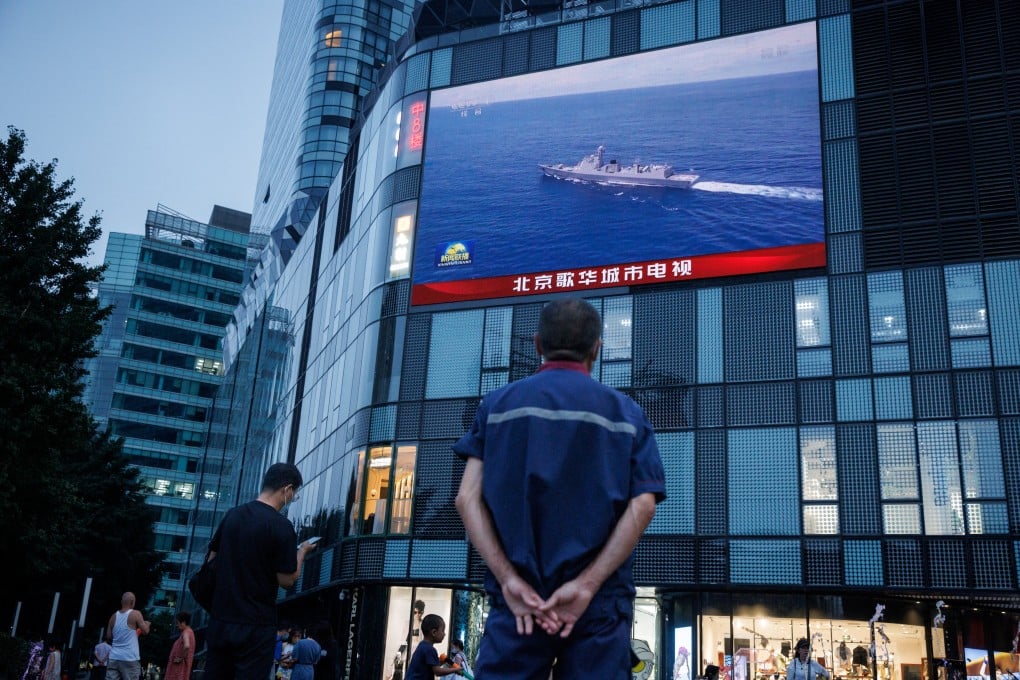Advertisement
Quitting China isn’t easy for Taiwanese companies, even if the mainland is ‘a lot of trouble’
- China provides Taiwan with inexpensive talent and some of the world’s best factory-linked infrastructure, such as ports and roads
- Many Taiwanese firms want to reduce reliance on the mainland, but the cost of scrapping investments would be steep, analysts say
Reading Time:4 minutes
Why you can trust SCMP
45

As warplanes and missiles soar through nearby skies, Taiwanese entrepreneur Oscar Chang reflects that even with its vast supply chain and cheap labour, doing business in mainland China does not make sense.
While his one-year-old company Heyday has always made fitness equipment in Taiwan, the events of recent days – which have triggered large-scale air and naval joint drills encircling the island – means he will not be changing his mind any time soon.
“I would say it’s a lot of trouble, because of everything – like politics and Covid,” he said, adding he would only consider producing fitness machines on the mainland if the costs were right and he could “control the results”.
Advertisement
Taiwanese businesses from Chang’s size up to multinationals are closely watching China’s live-fire military drills, which started on Thursday following the controversial visit of US House Speaker Nancy Pelosi earlier this week.
Beijing has also launched a barrage of trade suspensions on the island, including export and import bans and sanctions on multiple organisations and companies for supporting “Taiwan independence”.
Beijing’s countermeasures will give many Taiwanese firms new reasons to want to pull away from the mainland. But analysts say the cost of scrapping investments there or never tapping China’s huge production capacity could be steeper. At the same time, Beijing values investment and imports from Taiwan.
Advertisement
Select Voice
Select Speed
1.00x
